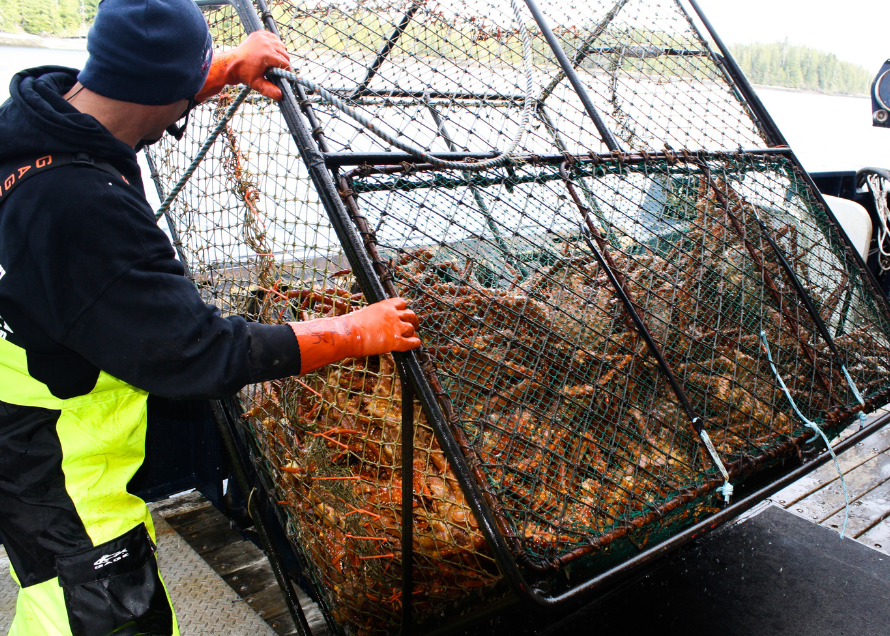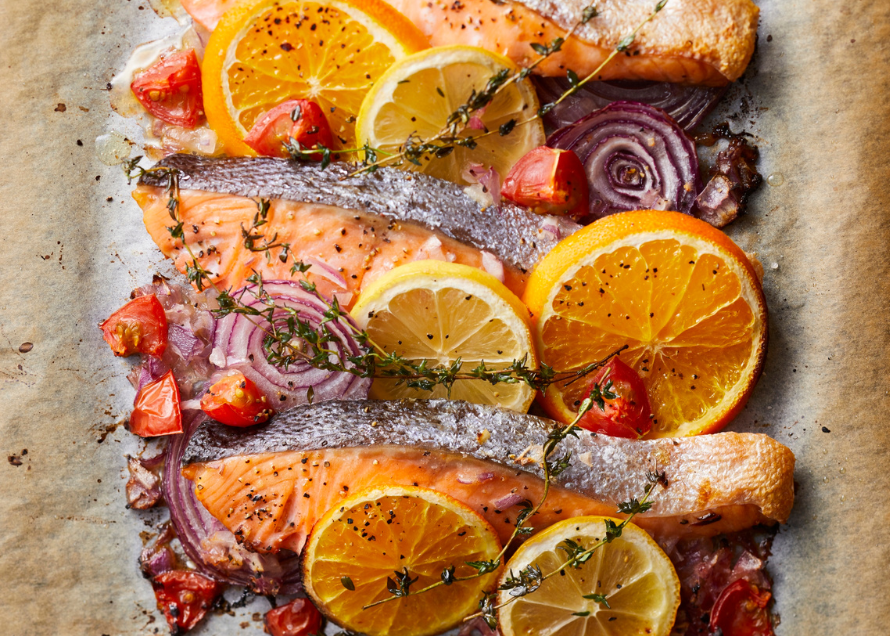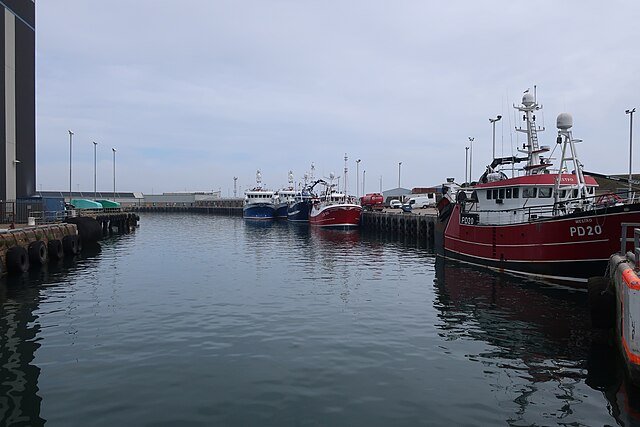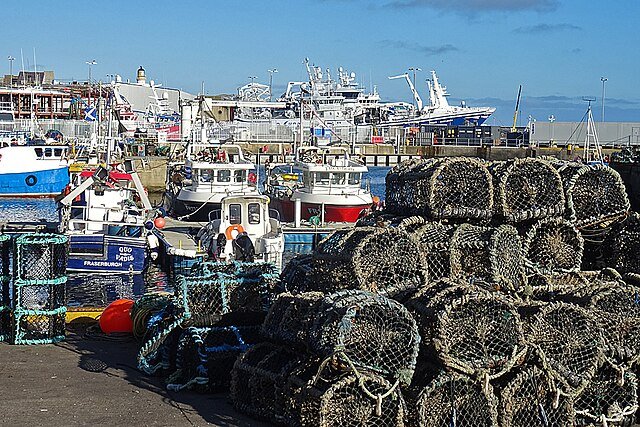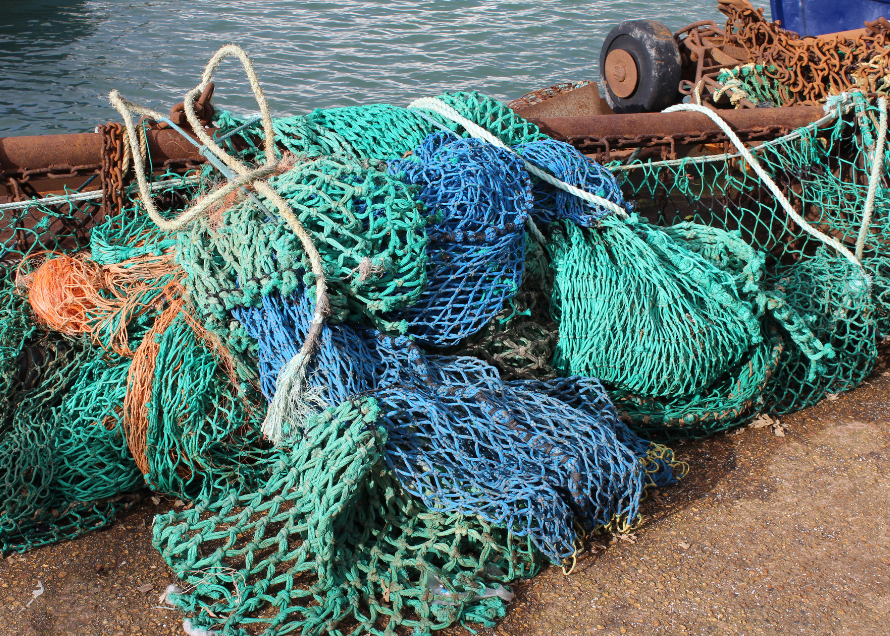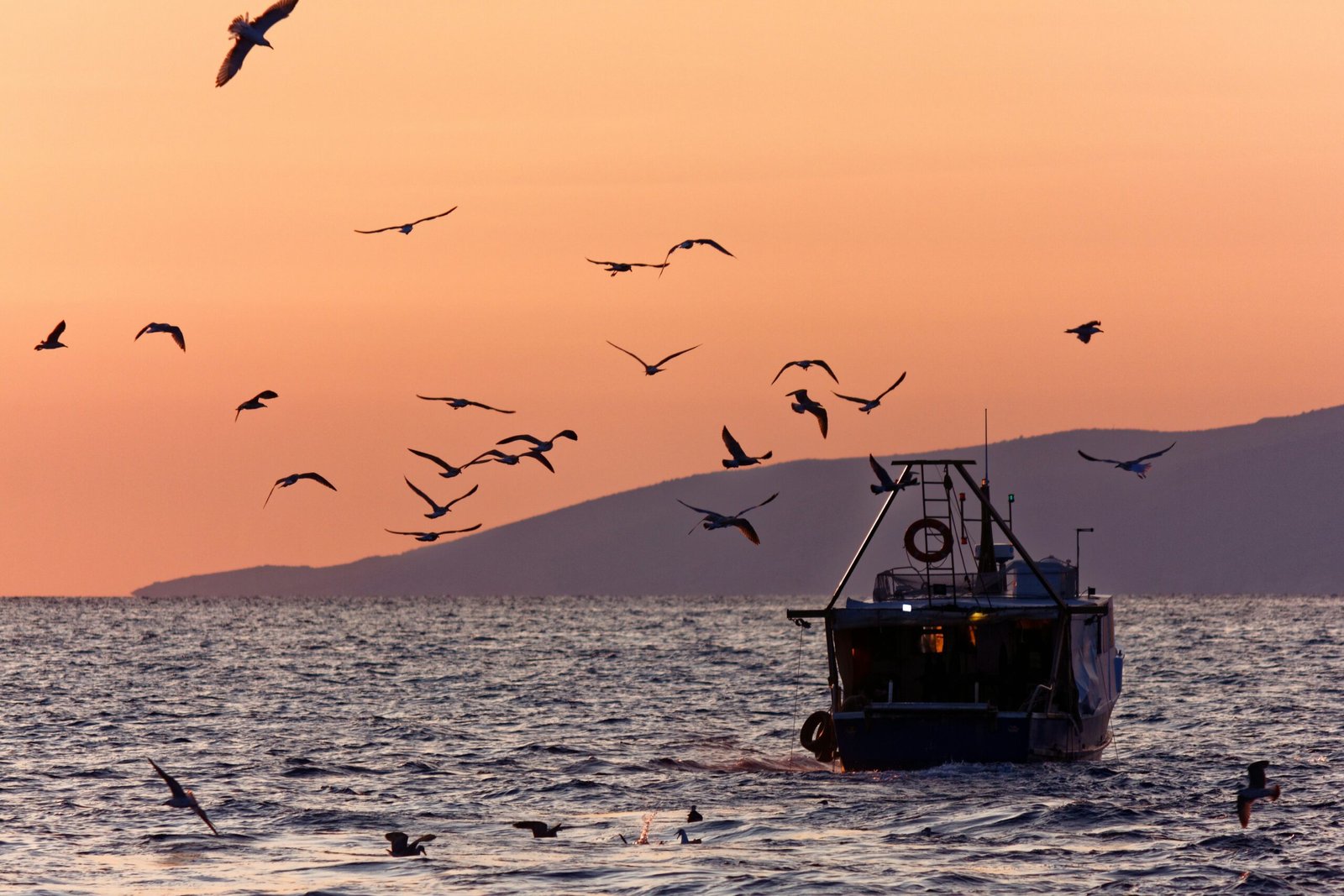A new post-Brexit deal between the UK and EU will extend access for European fishing boats to British waters until 2038, while simultaneously easing border checks on food products – a development with significant implications for the Scottish food and drink sector.
The 12-year fishing access agreement, which replaces arrangements due to expire next year, maintains current catch limits while promising substantial investment in UK coastal communities.
“There will be no increase in the amount of fish that EU vessels can catch,” confirmed UK officials in the announcement, emphasizing that Britain will retain control over its waters by continuing to set annual quotas and issue licenses.
As part of the agreement, the UK government has pledged a £360 million “fishing and coastal growth fund” for investment in technology and equipment to support the industry.
In exchange for the fishing concessions, the deal delivers a significant win for food exporters by removing most routine border checks on animal and plant-based food products moving between the UK and the EU.
“Some routine checks on animal and plant food products will be removed completely that will allow goods to flow freely again including between Great Britain and Northern Ireland,” according to the official agreement.
The new sanitary and phytosanitary (SPS) agreement will notably allow British producers to resume exporting raw burgers and sausages to EU markets – a trade that had been restricted since Brexit.
Prime Minister Sir Keir Starmer described the agreement as a “win-win” and the beginning of “a new era” in UK-EU relations, stating that “Britain is back on the world stage” as he unveiled the deal alongside European officials.
You Might Also Like:
No related posts.
European Commission President Ursula von der Leyen highlighted the broader significance: “Today’s agreement sent out a message to the world that in Europe we stick together.”
The deal maintains that the UK must follow certain EU rules overseen by the European Court of Justice, though Britain reserves the right to diverge if it maintains similar standards without harming EU trade relationships.

